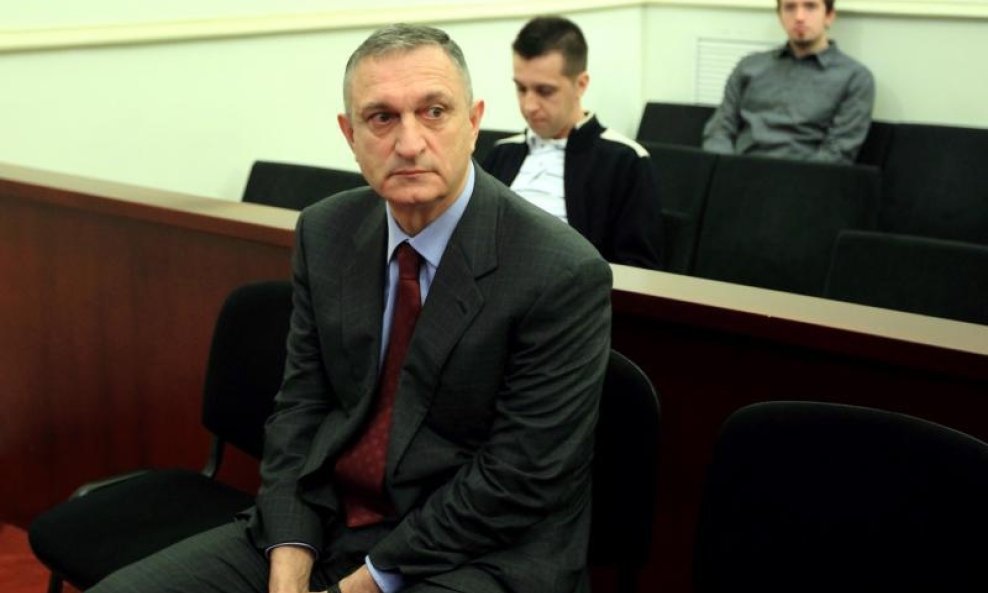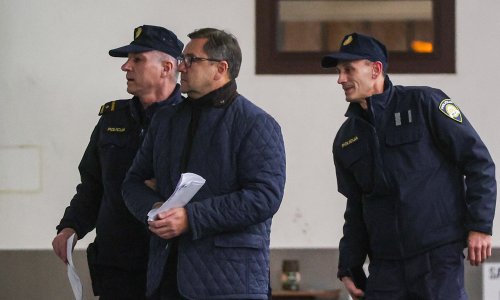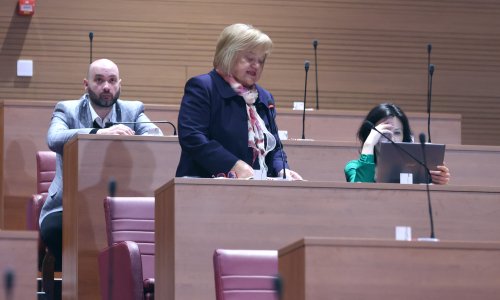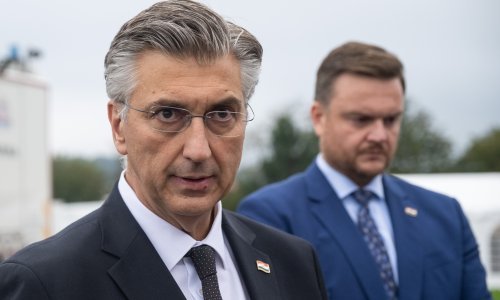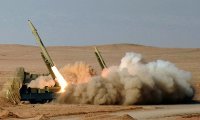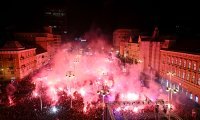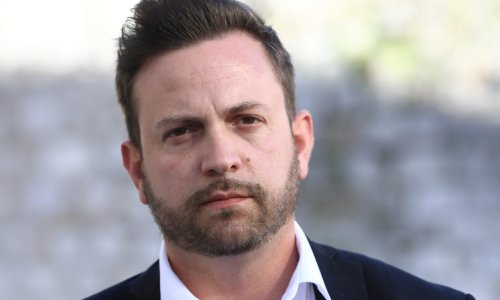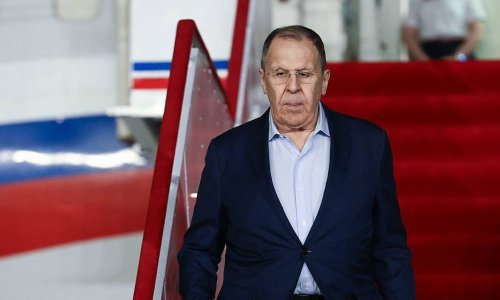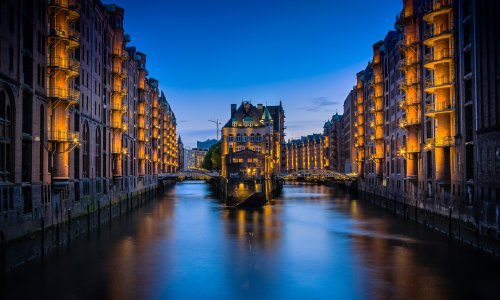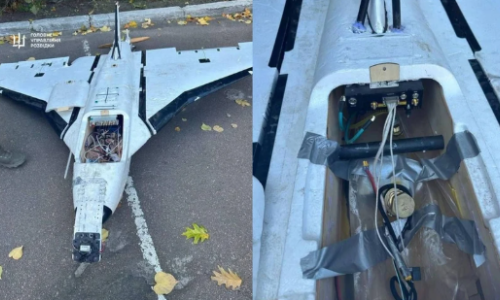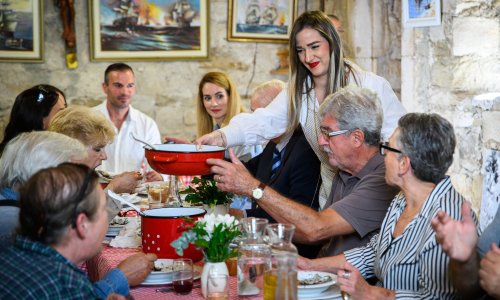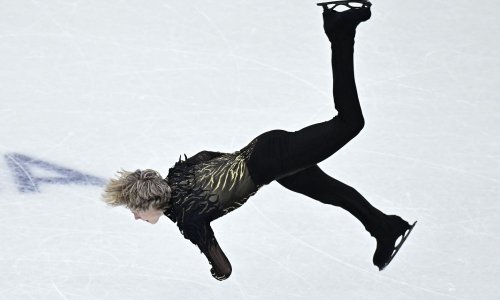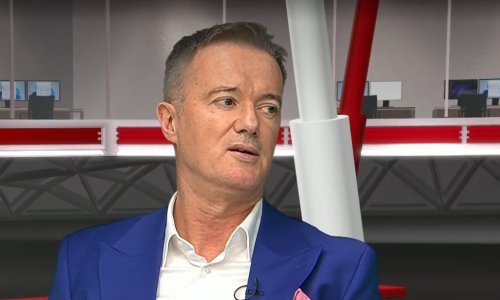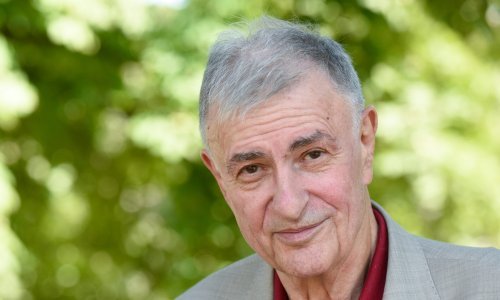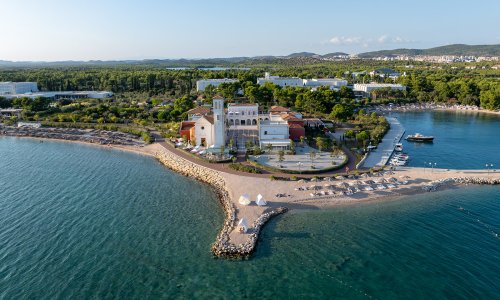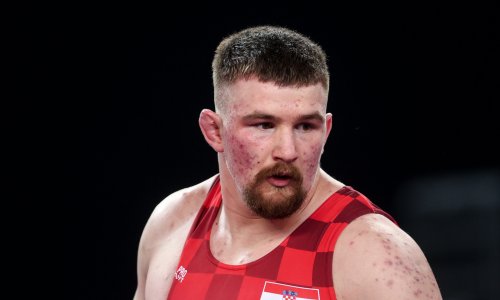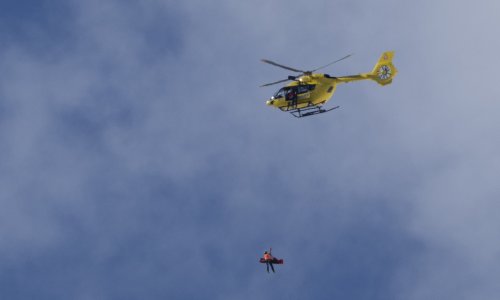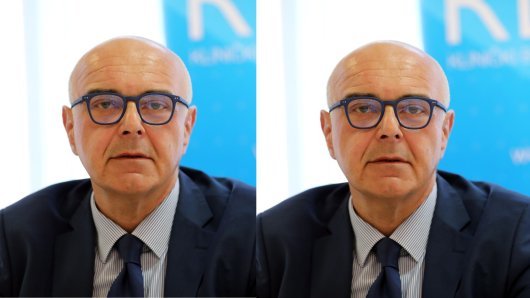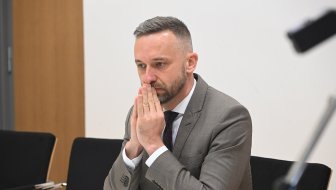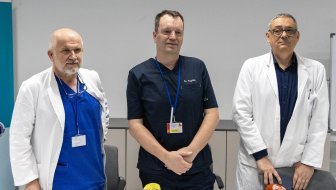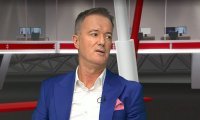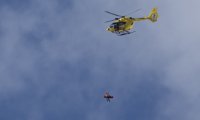The owner of the Dioki petrochemical company, Robert Jezic, on Thursday told the Zagreb County Court that he had decided to report former Prime Minister Ivo Sanader for bribery in the INA-MOL case while in investigative detention because he felt paranoid about the money which was still in his Swiss company's bank account and which, he feared, could have been linked with him, although, according to his testimony, it was a part of a EUR 10-million commission which MOL gave to the accused Sanader in order to enable the Hungarian company to have a dominant position in Croatia's INA.
"Leaving investigative prison after being behind bars for 4 months and 11 days, I consulted my lawyer, acquainted him with the case and he suggested I go to USKOK (Office for Suppression of Corruption and Organised Crime)," Jesic said while responding to questions of the defence team of Ivo Sanader, who is standing trial for the bribe which MOL allegedly gave to him while he was Prime Minister to ensure for the Hungarians a dominant position in INA.
"While in prison, I had enough time to think about everything. I was bothered by that money in the system. At the time, a strong media offensive was under way about the purchase of INA shares via Cypriot companies. I summed everything up and concluded that checks of bank accounts could lead to me," Jezic said.
The owner of the Dioki petrochemical company told the court earlier today that on Sanader's behalf, he had received through his Swiss company Xenoplast a half of MOL's 10 million euro bribe for Sanader and that the money was still in the bank account, while the transfer of the rest of the bribe had been arranged by Sanader's brother Flavio.
The witness said he had admitted to involvement in the transfer of the money following the requests of the then premier Sanader, whom Jezic described as the most powerful man in the country at the time. He said that he had received the money "as a consulting fee" also out of fear that his refusal might have affected business activities of his own companies.
Asked by Sanader's lawyer Cedo Prodanovic why he had accepted to testify in a case which had not been investigated at all at the time and which, the lawyer said, cropped up due to Jezic's story, the witness said that, driven by paranoia, he believed that it would be easy to establish the money flow, although the money intended for Sanader and previously deposited in the Xenoplast company's account had been transferred in the meantime to another company in the Dioki Group.
Jezic said that he had free use of the money inside his companies, and in response to the defence team's questions why he had not transferred the money to Sanader if it had been intended for him, the witness said that there had been no appropriate time and place for that.
He explained that he first had to wait for some time to pass since the payment of the money into his firm's account and later he ended up in prison just like Sanader.
Jezic said that he was ready to give the money back to the state regardless of the outcome of this trial.
"It is not mine and it has never been mine," he said, insisting that it was money MOL had given.
At the end of today's hearing, the defendant Sanader challenged the veracity of Jezic's testimony, particularly his claim that a half of MOL's kickbacks should have been arranged with assistance of his brother.
The trial was adjourned until next week.



